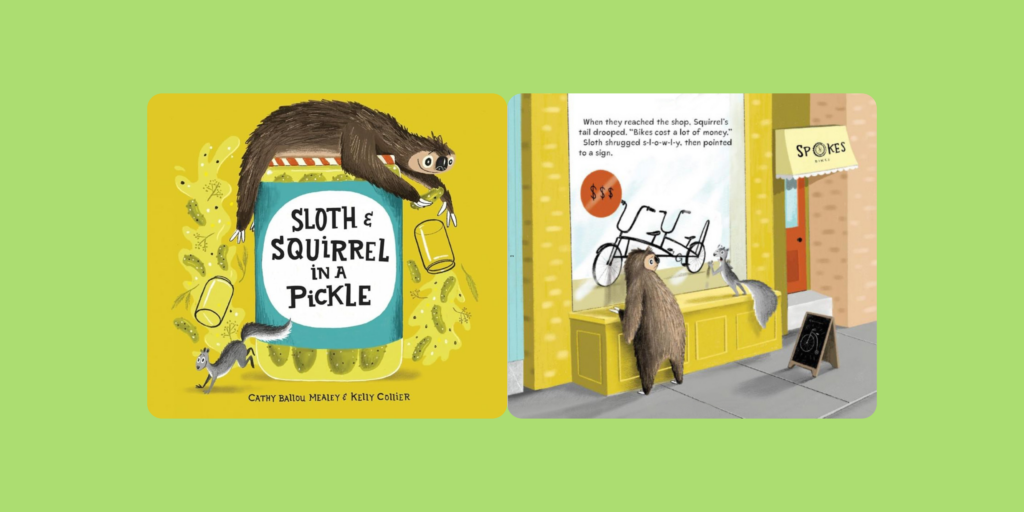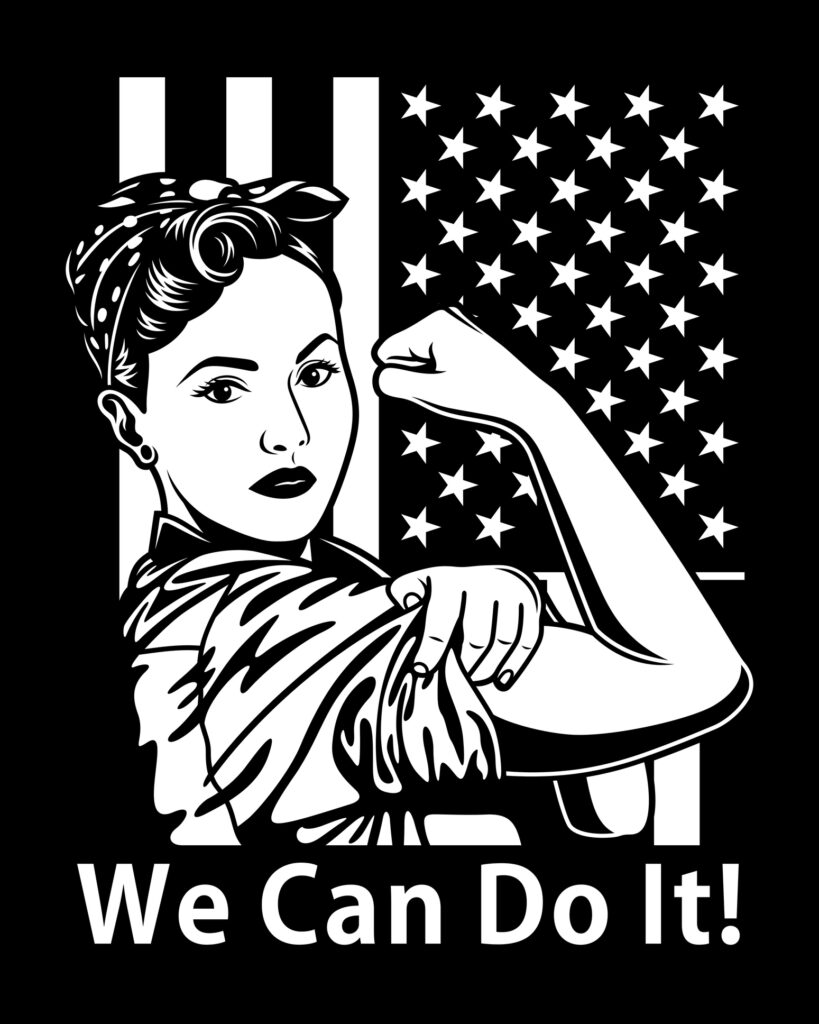
Grades 3-5

Don't have an account yet? Sign up for free
Don't have an account yet? Sign up for free

 In 1992, then President, Bill Clinton, said, "It's the economy, Stupid." George Bernard Shaw said, "If you laid all of the economists end to end, they still would not reach a conclusion." What do these quotes have to say about economics? This lesson provides you with the opportunity to interpret the meaning behind the quotations.
In 1992, then President, Bill Clinton, said, "It's the economy, Stupid." George Bernard Shaw said, "If you laid all of the economists end to end, they still would not reach a conclusion." What do these quotes have to say about economics? This lesson provides you with the opportunity to interpret the meaning behind the quotations.
Economics is often called the dismal science. However, economics does not have to be dismal. This lesson is intended to give you a chance to learn about economics by evaluating cartoons, jokes, and quotations about topics that interest you. You might even have the talent to draw your own cartoon or create your own joke! In this lesson you will use your creativity to make sense of economic humor. Maybe you have seen editorial cartoons about the economy and have wondered what they meant. In this lesson, you'll get the chance to see hundreds of cartoons about our economy by visiting Daryl Cagel's cartoon website. If you get good at it, maybe you can be like Yoram Bauman, the Stand Up Economist, who you will see in a video.
In this lesson you will make connections to economic theory by using real-world applications. You will also identify cartoons, jokes, and quotations about economics in order to deepen concepts and make real-world connections. This lesson requires you to interact using prior learned concepts and skills in a real, meaningful way.
Discuss your teacher's favorite economic joke. Determine why your teacher thinks the joke is funny and what the joke reveals about economics. Current events constantly provide subjects that can be used to analyze or evaluate through the use of humor. Watch Paul Solman video Stand-up Economists Play Off Finances for Laughs, which includes an interview with Yoram Bauman, the world's only stand up economist.
Now it's your turn to find a quotation, joke, or cartoon to analyze. Humor can hurt, so be careful to select an appropriate cartoon, joke, or quotation. Two excellent sources are https://www.cagle.com/ or http://economicscience.net/content/JokEc/ websites. If your teacher approves, you could also draw a cartoon and try to publish it in a local or school newspaper.
Many industries have been standardized where parts and products can be manufactured anywhere in the world with unskilled labor. In order to differentiate yourself and make yourself valuable as an employee in the future, you will need to develop your creativity. In this lesson you have made connections to real world economics and theory by analyzing cartoons, quotations, and jokes. Educators often cite the need for higher order thinking skills in students. You have practiced those skills, in this lesson. You will find your economics instruction to be more valuable and enjoyable if you continue to analyze editorial cartoons, political quotations, and econ jokes. Maybe one day, you will say, "Hey! Did you hear about the economist who …."
Activity 1
Watch one of the following videos, by Merle Hazard:
Explain the content of the video in the context of what you have learned in class. Read the lyrics from the Merle Hazard website below the video. If you need help understanding the terms used in the lyrics, research the meaning of those terms. Here is a link to the EconEdLink Glossary.

Grades 3-5

Grades 9-12

Grades 9-12

